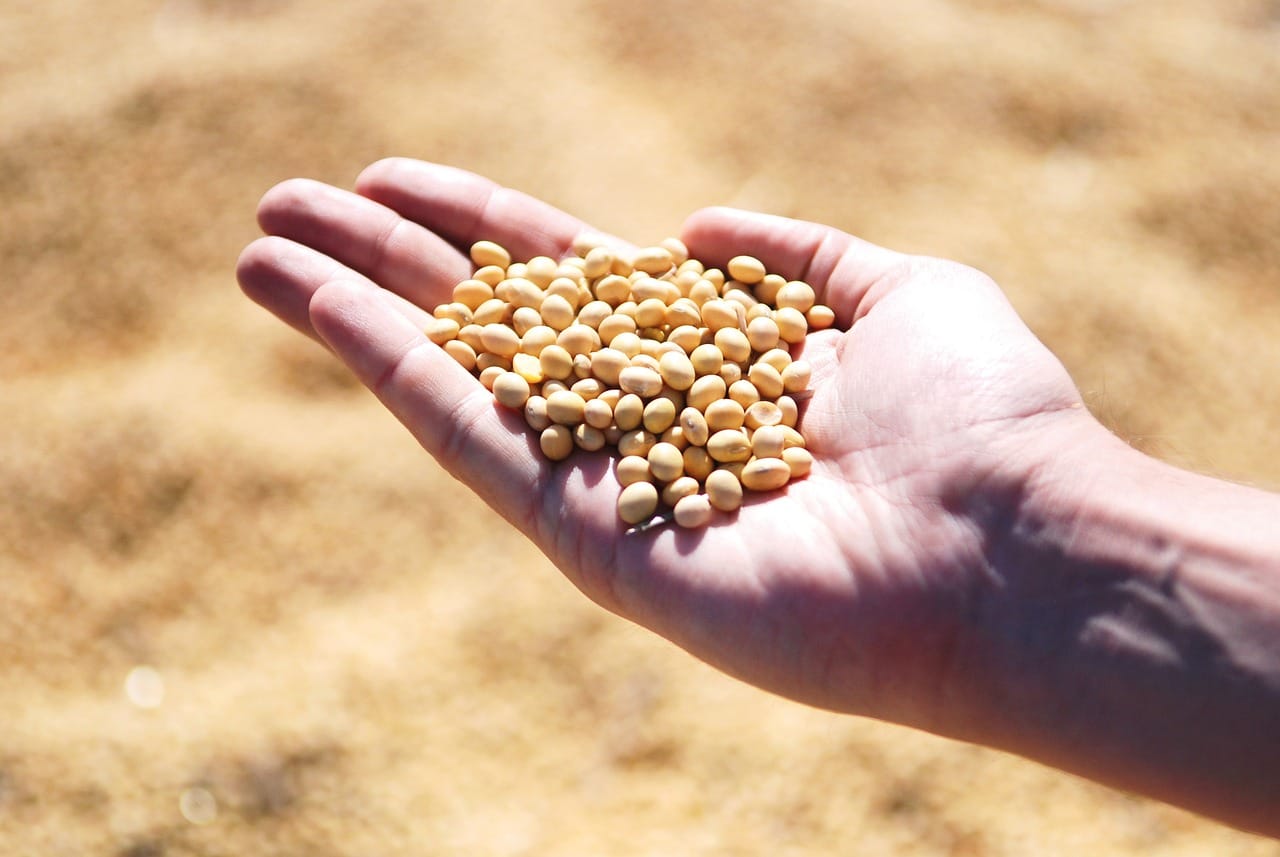
Supply chains - will the European regulation work?
It's well known that Europe is active in introducing regulation to ensure that products being sold in the region meet minimum human rights and environmental standards. Many companies are already preparing for the new rules and by and large the new rules are well supported by the general public, at least in principle.
But, little work has been done so far on the difference the rules will make in the exporting country. Will they lead to better human rights and environmental practices? The assumption is yes, but has this been tested?
In a recent paper for Global Policy, Bastos Lima and Schilling-Vacaflor have looked at how the new regulation might impact the production of soy in Brazil. What they found suggests that in industries where Europe is a niche market, there could be less impact on the ground than we expect!
Why? Because of what they call supply chain divergence. This is basically sending different products to different markets. And, in short, the product going to European countries with already high standards has a lower environmental impact. But the rest does not. So, how big is 'the rest'.
In 2021, Brazil exported 86.63 million tons (Mt) of raw soybeans plus 18.88 Mt of processed soybean meal for animal feed protein, mainly to China (60 Mt), Thailand (6.6 Mt), the Netherlands (5.0 Mt), Spain (3.5 Mt), France (1.9 Mt), and Germany (1.3 Mt). So Europe makes up c. 11% of Brazilian soy exports. A decent amount going to Europe, but still relatively small compared with say China.
And what is the impact on the ground? It looks material, but not in the way we want. The research has a few examples. For product going mainly to the Nordics (already more environmentally aware buyers) 100 kt of soy exports incurred around 24 hectares of deforestation. And for some suppliers the deforestation could be as low as 0.54 hectares per 100 kt.
One implicate assumption about the new European regulation was that it could impact all exports, even when they are not going to Europe. The logic was that it would be hard for the supplier to just produce higher quality product for Europe, and that it would be easier to raise the standards of all their exports. This doesn't seem to be the case, at least for some products.
To end with a quote from a manger from a major soy trading company "if my market demand is not for RTRS [Round Table on Responsible Soy certification], why will I do it? Why would I bother with it if that's not being demanded?"
One final point. This study looked at one product and one set of regulations. Something that investors and Sustainability Professionals need to bear in mind with regard to the regulatory and legal change is that the total impact might be greater than the sum of the parts. We talked about this in a recent blog, where we cautioned that by focusing too much on individual changes, investors could miss a wider emerging risk 👉🏾 https://www.thesustainableinvestor.org.uk/quick-insight-supply-chains-come-under-more-scrutiny/
This article featured in What Caught Our Eye, a weekly email featuring stories we found particularly interesting during the week and why. We also give our lateral thought on each one. What Caught our Eye is available to read in full by members.
If you are not a member yet, you can read What Caught Our Eye when it comes out direct in your email inbox plus all of our blogs in full...

Click this link to register 👉🏾 https://www.thesustainableinvestor.org.uk/register/

Please read: important legal stuff.

